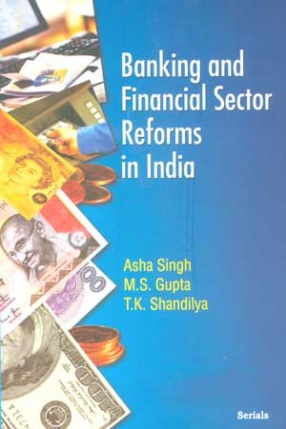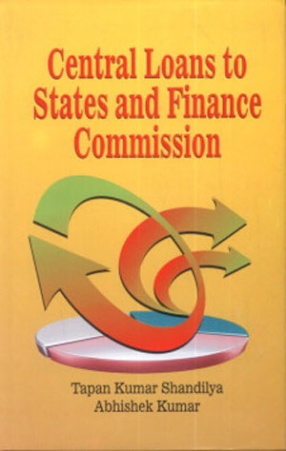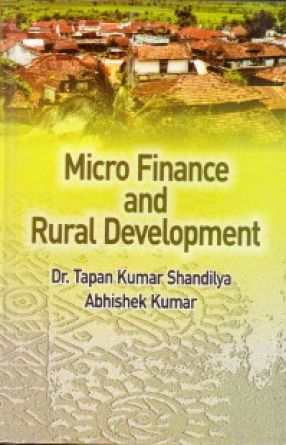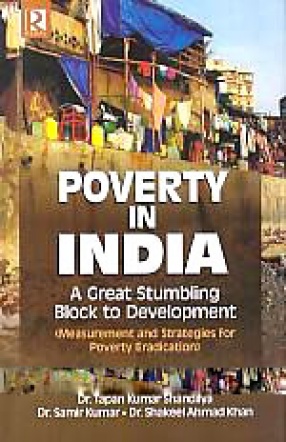Banking and Financial Sector Reforms In India
Banking system in the country is undergoing momentous change. It is gearing up itself to meet global competitiveness. Indian banking sector comprises of an impressive network of banks, committed to planned economics development within the framework of a mixed economy under a federal political setup. Significant developments have taken place in Indian banking in the post Independence period and especially since the beginning of the reform process in the country.
In modern economy, bankers are to be considered not merely as dealers in money but more realistically the leaders in development. Bank are not just the store house of the country's wealth but are reservoirs of resources necessary for economic development. In the perspective of the history of economic development of developed countries, banking was necessary for development. The new philosophy, at least in our country, regards banking really as a trinity, pre-requisite, requisite and concomitant all taken together, Banking as a tool for development is multi-purpose tool and depending upon the value system of the society, Its uses are capable of wide variations. Economic development of developed as well as underdeveloped countries is based on the process of investment. The banking structure provides simple intermediation in the prices of investment. Banks encourage investment and thereby help capital formation. Banks can stimulate capital formation and promote productivity and trade by providing credit and a more generous supply of money in the form of bank notes deposits, banks are the purveyors of money and credit to the factors of production and they help in the acceleration of growth. Banking when properly organized aids and facilities the growth of trade and industry and hence of the national economy. Today banks are instruments of economic change to maximize social good.
Economic reforms launched by the Government of India since 1991 are designed to accelerate the overall growth and help India realize Its full productive potential. The rapid growth requires a sustained effect at mobilizing savings and resources and deploying these in ways which encourage efficient production. For this, reforms in the financial sector, particularly in the banking system, that has the prime responsibility of mobilizing and allocating financial resources, is a pre-requisite.
The proposed book encompasses all aspects of reforms introduced in the banking and financial sector in India and deals with the problems faced by the banking and financial institutions in view of the reform process. Research papers presented by various authors have focused on identifying the main problems arising out of the changed scenario and provided solutions to overcome the lapses incurred during the transition phase.
Get it now and save 10%
BECOME A MEMBER











Bibliographic information
M S Gupta
Tapan Kumar Shandilya